Iranian Nuclear accidents; Israeli sabotage and assassinations
Israeli sabotage attempts against Iran’s nuclear program have failed despite repeated Israeli assassinations of Iranian nuclear scientists and unrelenting US support.
As Iran leaves behind one death anniversary right after the New Year, it shall commemorates two other assassinations before the end of January, those of the nuclear scientists Ali-Mohammadi and Ahmadi Roshan, who were murdered on January 12, 2010 and Jan 11, 2012, respectively.
Masoud Ali-Mohammadi was a professor setting out for work at Tehran University as he did most days, but what he didn’t know was that that morning there was a remote-controlled bomb attached to a motorcycle next to his car.The blast killed him and injured two others.
Five other Iranian nuclear scientists have met a similar fate since 2007, with Israel being the prime suspect.
The context of Israeli State terrorism
Mostafa Ahmadi Roshan was assassinated on January the 11th 2012 when a magnetized explosive device was attached to the side of his car, on his way to work, by a team of motorcycle-riding assailants.
His driver, Reza Qashqaei, also died from injuries sustained during the attack.
Western intelligence sources have said that Ahmadi Roshan was "a victim of Israel's intelligence agency Mossad.”
Mossad covertly uses extraterritorial locations for its offices and employs locals to carry out its killings abroad.
In connection with the Ahmadi-Roshan assassination, one of the assassins, Arash Kerhadkish, confessed: "In this location (Ketabi Square, Golnabi Street) we reached the car and attached the bomb to the car and the bomb exploded near the white fence," as reported by the Mehr News Agency.
Indisputable Israeli culpability
The Chronicle is one of the newspapers close to Israel. The paper published an article written by Jake Simons that exposed Israel’s role in the assassination of Dr Ali-Mohammadi in 2009, as well as sabotage attempts in Natanz and Karaj nuclear facilities [sic].
The point I didn’t mention was that Israel, in addition to assassinating Iran’s nuclear scientists, is trying to sabotage Iran’s nuclear facilities in Natanz and Karaj.
Unfortunately, some of the information leaked by IAEA inspectors to Israel has helped them conduct operations, all in violation of international law, at various times against Iran’s peaceful nuclear program.
Mohsen Pakayeen, Former Iranian Diplomat
According to the January 13th 2012 issue of TIME magazine, Western intelligence sources asserted that, like the three Iranian scientists already ambushed on their morning commute, Ahmadi-Roshan was also a victim of Mossad.
On June 17, 2012, Heydar Moslehi, the Iranian Intelligence Minister at the time, announced the “arrest” of a team of 20 people, blaming the attack on the CIA, Mossad and MI6, the external arm of the British intelligence agencies.
Given the method and the violent nature of the operation, which is in violation of international law, the likes of which took place in other countries, including Iraq, it can be concluded that Israel was behind the operations.
This has been confirmed by informal sources, media, and others. For example, in Israel’s latest terrorist move, the case of Mohsen Fakhrizadeh’s assassination, media close to Israel’s intelligence agencies published and leaked the details of the operation.
Masoud Barati, International Affairs Analyst
A Mossad agent, Majid Jamali Fashi, received a death sentence for his role in the killing of Ali Mohammadi.
Three other nuclear scientists also heard magnetic bombs snap onto their car doors during their commute to work — a method Fashi claimed he had also been taught by the Israelis.
Besides Ahmadi-Roshan and Shahriari, the victims include Fereydoon Abbasi, a university professor who survived an attempt on his life and was later installed as head of the Atomic Energy Organization of Iran, and Majid Shahriari who did not survive his assassination.
It was the 29th of November when both Abbasi and Shahriari's cars were approached by men on motorbikes, who stuck magnetized-bombs on the car doors.
Majid Shahriari was killed instantly and his wife was wounded, while Fereydoun Abbasi-Davani and his wife both survived their injuries. The explosions took place in front of the Shahid Beheshti University in Tehran.
Israel has committed an ongoing series of assassinations and sabotage operations in Iran, presumably with the backing of America.
Western intelligence sources said in 2012 that in addition to the assassination campaign Israel was responsible for the massive explosion at a missile base outside Tehran in November.
Acts of terrorism by Israel against Iran include the assassination of General Soleimani, and, as with Trump's departure from the JCPOA, not only was the spirit of the JCPOA not preserved, but actions were taken completely contrary to the spirit of the original text.
In 2009, Rasoul Ali-Mohammadi was assassinated. That was an extraordinary year for the Islamic Republic, as we were dealing with the aftermath of Iran’s Presidential elections and there was a particular confusion inside the country that was perhaps unprecedented at the time.
Back then, Israel took advantage of the turmoil and assassinated an effective person in Iran’s nuclear program.
About a year later, we lost Dr. Shahriari in a similar assassination. Almost everyone is certain that Israel perpetrated the assassination.
If you follow the developments of Iran’s nuclear program, there was a period of time when Iran was running out of fuel for the Tehran research reactor, where medicine used to treat cancer is produced. It was running out of fuel with a 20-percent purity level.
Iran announced to the negotiating parties that it requires fuel. They, in turn, started to play games as they thought they could take many concessions from Iran. It was the efforts of such men that made Iran self-sufficient in this field.
Masoud Barati, International Affairs Analyst
It was between the two assassinations of 2010 and 2012 that Dariush Rezaei-Nejad was shot five times and killed near his home by a team of motorcycle-riding gunmen on July 23rd 2011.
He had just picked up his daughter from kindergarten when the attack occurred. His wife and daughter were injured but survived the attack.
In August of the same year the German weekly news magazine, Der Spiegel, said that Mossad was behind the operation.
The most recent attack was directed at nuclear scientist Dr Mohsen Fakhrizadeh on 27 Nov 2020. Mohsen Fakhrizadeh's car was targeted with an explosive device and machine-gun fire in Absard 40 kilometers to the East of Tehran near Damavand.
Mossad had apparently gained access to Fakhrizadeh's name via a UN list.
Ali Shamkhani, Secretary of the Supreme National Security Council (SNSC) of Iran said that high tech electronic equipment was used in the “highly complicated” assassination of Fakhrizadeh, underlining the role of Israel and the anti-Iranian MEK or MKO; the notorious Mojahedin-e Khalq terrorist Organization.
All indications point to Israel as the main culprit. There is plenty of evidence such as the similarities between the various operations, as well as intelligence reports from neighboring countries, and Western states, accusations by Western allies of Israel and the occasional admission by Israeli authorities.
And let’s not forget the boastful Israeli media reports.
Israeli media have announced Tel Aviv’s involvement after every assassination. Mossad officials announced they (had) assassinated Dr Fakhrizadeh.
American and European officials and media have repeatedly said there are traces of US and Britain’s [sic] involvement in the assassinations and that their intelligence services aid the assassination of the nuclear scientists which is a clear example of state terrorism.
Mohsen Pakayeen, Former Iranian Diplomat
Could Israel be carrying out assassinations and sabotage without American knowledge or support?
I believe Israel can’t be seen as opposing US policies. The two complement each other on deeper and hidden levels. There are strategic issues that can explain the matter.
One is a good cop-bad cop, and another is a strategic pattern. On the surface, the two have different opinions on a matter, and you’d want to cooperate with the good cop to avoid dealing with the bad cop. But the reality is that they both seek the same thing.
As you can see, the talks we’ve had with the P5+1 over the past 8 years, including with the US itself, didn’t prevent Israel’s assassinations and sabotage attempts. I argue that the talks actually made the matters worse and enabled Israel to perpetrate them more easily.
The reason is that we provided the International Atomic Energy Agency unprecedented access to inspect our nuclear facilities under the 2015 deal. We went beyond the Additional Protocol.
There are different levels of cooperation with the agency, one at the level of NPT and safeguards, one at the level of the Additional Protocol, and the other was our permission to inspect and install monitoring cameras and other supervision techniques to the IAEA.
Almost everybody knows that whatever the IAEA finds is almost certainly provided to western intelligence services, including that of Israel.
Masoud Barati, International Affairs Analyst
Within the context of Western support for Tel Aviv sabotaging Iran’s nuclear programme is as old as the programme itself; at least since the fruition of the Islamic Revolution of Iran.
They really do not seem to care that the Iranian nuclear programme is for peaceful purposes only.
Well, Israel has been opposing JCPOA talks. Tel Aviv managed to convince the UN Security Council, with the help of the US, to issue 4 resolutions against Iran and impose sanctions on Tehran.
Israel managed to persuade Europe to impose sanctions on Iran’s banking sector and oil sales.
But after the talks started and Iran proposed its strong logic in the negotiations, all four resolutions were repealed and the world realized Tehran is seeking peace.
Mohsen Pakayeen, Former Iranian Diplomat
Twenty percent enrichment capacity was the target for producing medical isotopes and other radiopharmaceuticals. But due to the west’s failure to commit to the JCPOA or Nuclear Deal, Iran has been enriching uranium up to 60 percent.
Tehran is now looking for results with the sanction-lifting Vienna talks before it will reverse its nuclear activities. But Israel is uneasy with the West coming to terms with Iran. Interestingly, a revival of the JCPOA and, consequently, US sanctions being lifted may yield minimal results for Tehran. Iran will then be able to export oil at full capacity and global prices.
However, after America’s deal-breaking in 2018, major Western companies will no longer dare enter into business with Iran, at least, not until they can be sure of US commitment to the deal. Unfortunately, former US president Donald Trump, who binned the deal in 2018, might make a comeback in 2024.
All said and done, Iran can get by even if only oil and banking sanctions are lifted.
Taking the neutralization approach means that if the Americans fail to remove the sanctions, we can resort to other means to strengthen our economy and find trusted partners to sell our oil, take in revenue, export our non-oil products, and transfer money through alternate banking systems.
Iran has ample experience of bypassing sanctions, which means we can ambulate toward a situation where the sanctions do the least harm to Iran.
Israeli influence over Vienna talks
Now regarding the extent to which Israel might be able to influence the Vienna talks, which are moving in the direction of an understanding between Iran and Western parties to the deal, given Israel’s weakened position with the Islamic Resistance Axis having surrounded it, not to mention being a UN member without having signed up to the Nuclear Non-Proliferation Treaty, NPT, its allies appear less zealous in supporting it.
The French President, Emmanuel Macron, said Israel is taking a path that leads to apartheid.
The racism and apartheid in Israel which is internationally reprehensible, together with its inability to manage itself and the COVID-19 pandemic, which has turned into a real problem for Tel Aviv, is prompting mass migration from Israel.
Also even if it is just a game of good-cop bad-cop played by America and Israel in dealing with Iran, America has come to realize the war-like hostility towards Iran is only pushing it closer to independence, with a nuclear programme that has been indigenized and is working faster and more efficiently than ever before.
The one thing that had limited the Iranian programme was its commitment to the JCPOA, which the US unlawfully withdrew from.
The Israeli Foreign Minister’s visits to European countries to stop the progress made in Vienna talks have failed. The differences between US President Joe Biden’s team and Israeli Prime Minister Naftali Bennett has [sic] prevented Tel Aviv from sabotaging the talks during the 7th and 8th round of negotiations.
That’s why it appears that Israel is no longer likely to be able to affect the process of talks in Vienna, since it has exhausted all its political and economic capabilities.
Despite all that, good progress is made in the talks and the [Israeli] regime will suffer a defeat soon.
Hossein Hanizadeh, West Asia Affairs Analyst
Aside from the assassination of Iran’s top nuclear scientist, Dr Mohsen Fakhrizadeh, in the 20 months running up to November 2021 there had been four explosions at Iranian nuclear facilities attributed to Israel; explosions that took uranium enrichment plants offline and destroyed dozens of centrifuges.
Noting this, and the fact that Iran had managed to resume enrichment within months, often installing newer machines that can enrich uranium more rapidly than before, US officials reportedly gave a friendly warning to the Israelis that while preemptive attacks and assassinations may be “tactically satisfying,” they are “ultimately counterproductive.”
Over the past 10 years, Israel attempted to conduct sabotage operations in (the) Natanz and Karaj nuclear facilities nine times, three of which were successful, and six others were stopped.
The regime is trying to either assassinate Iranian scientists or attack Iranian nuclear facilities directly.
Relevant institutions are vigilant and have been able to neutralize the regime’s attempts to carry out sabotage operations in [sic] Iran’s peaceful nuclear program.
Hossein Hanizadeh, West Asia Affairs Analyst
In improving its modern military defenses Iran has taken the upper hand in cyber-warfare. This makes it much harder to pull-off cyber attacks such as Stuxnet; a US-Israeli produced computer virus that crippled centrifuges at the Natanz nuclear enrichment site for more than a year.
Stuxnet is a malicious computer worm first uncovered in 2010, which targets (SCADA), Supervisory Control and Data Acquisition, systems.
Despite all the economic hardship inflicted on Iran by US sanctions, the United States has no more leverage over Iran than it had in the run-up to the nuclear deal of 2015.
This is not just because of sagacious Iranian policy but America’s own unwise policy of taking an aggressively hostile stance toward the European Union (EU) over Iran, which forced the EU to rethink its reliance on the United States.
To recap, the 2015 Nuclear Deal, which became operational in 2016, was supposed to provide Iran with relief from UN imposed nuclear-related economic sanctions in return for Iran rolling back its nuclear programme which Iran did but to no avail.
Israel has pressed upon its allies that Iran’s programme is malicious, partly as a smoke screen for its own nuclear programme and its scores of undeclared nuclear warheads, the number of which is a well kept secret.
Israel has 11 active nuclear plants on [sic] an area smaller than 22 thousand square kilometers, the biggest of which is Dimona located in the southern Negev desert which is producing Plutonium at a 98-percent purity level.
Dimona is one of the most polluting nuclear plants in the world, dumping some 30-tonnes of nuclear waste into the Mediterranean Sea [each year].
The Eastern Mediterranean is witnessing more environmental pollution year by year. This is one of the environmental dangers threatening the region.
Hossein Hanizadeh, West Asia Affairs Analyst
Netanyahu, Israel’s longest-serving prime minister, has campaigned against Iran for almost 30 years, accusing it of secretly developing nuclear weapons for use against Israel, and advocated for nothing short of sweeping sanctions or, preferably, war with Iran.
Israel, due to its invasive foundation, has based its survival on terrorism.
It is truly amazing how international conventions have been defied and international organizations have not taken it upon themselves to respond appropriately.
Why have the global community and all international organizations decided to stay quite regarding the Israeli belligerence toward Iran?
The most important reason is that there are international organizations like the IAEA, which is an agency that has to strive to prevent the proliferation of nuclear weapons and at the same time protect the country’s rights to have peaceful nuclear programs and their scientists and facilities.
But they don’t provide that support. A year after the assassination of Dr Fakhrizadeh the IAEA Secretary-General Mr. Grossi hasn’t taken action or condemned the move.
These institutions are largely under the control of dominant powers, which in this case is the United States.
Masoud Barati, International Affairs Analyst
Iran, Qatar stress continuation of diplomacy towards preserving regional peace, stability
Majority of Americans support Palestinian state as Israel backing declines sharply: Poll
New Israeli strikes kill more Palestinians across Gaza in 'serious violation' of ceasefire
Maliki urges respect for Iraq's sovereignty in meeting with Trump's special envoy
Iran urges restraint, immediate ceasefire as Afghanistan–Pakistan fighting escalates
VIDEO | Press TV's news headlines
VIDEO | Kabul residents call for calm as tensions escalate with Pakistan
Iran FM: Success of nuclear talks hinges on ‘seriousness’ of US


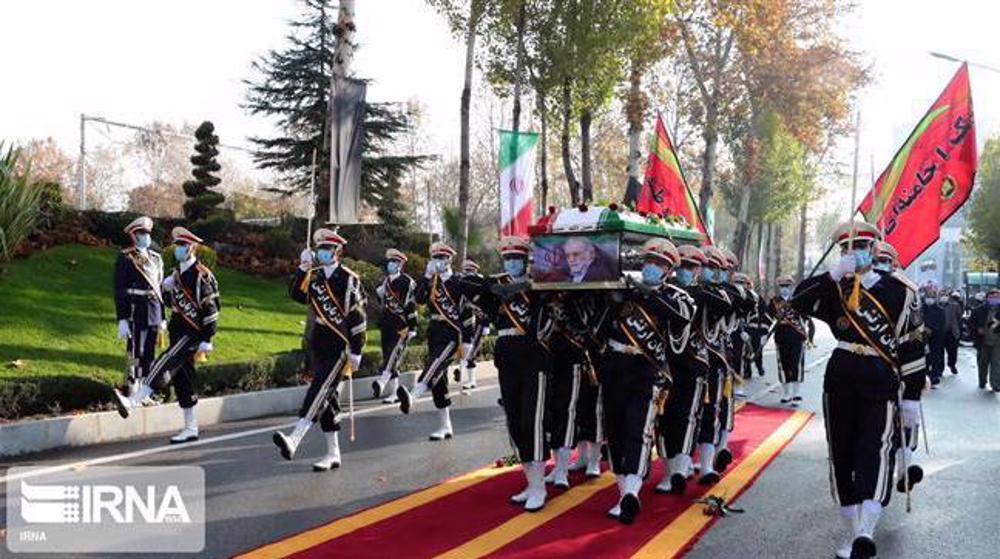
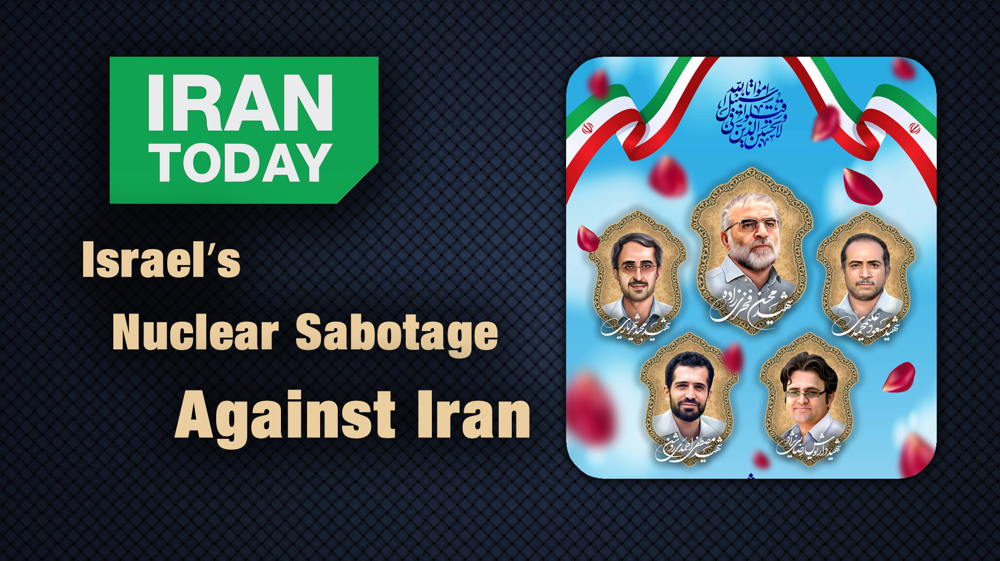
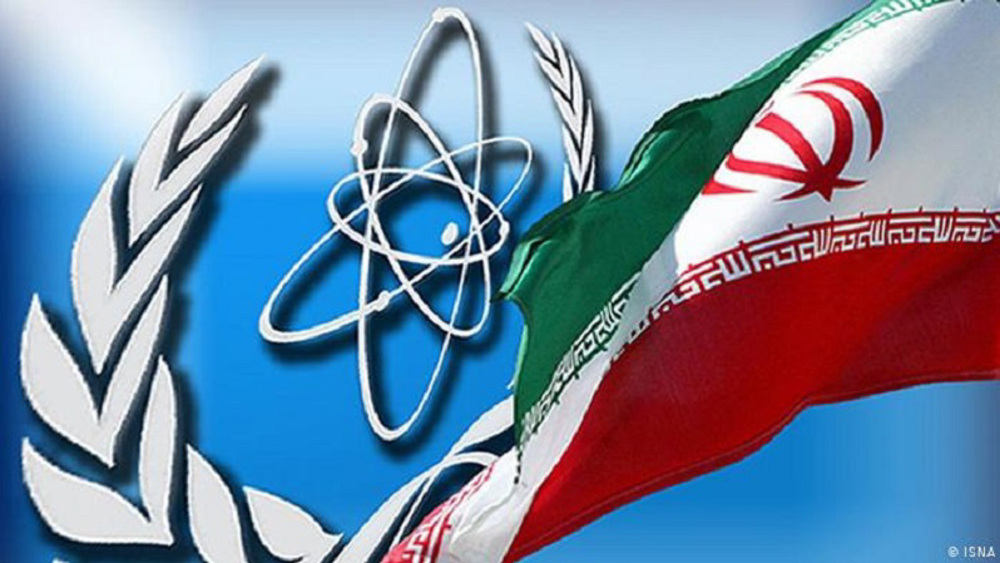
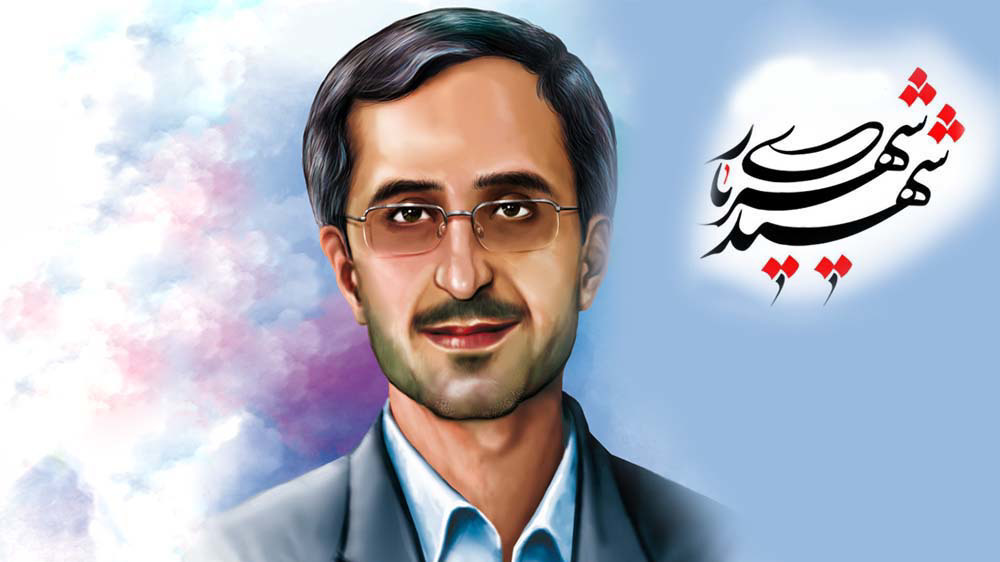
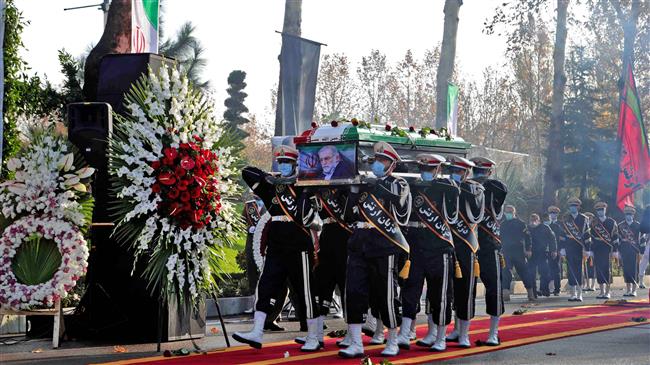
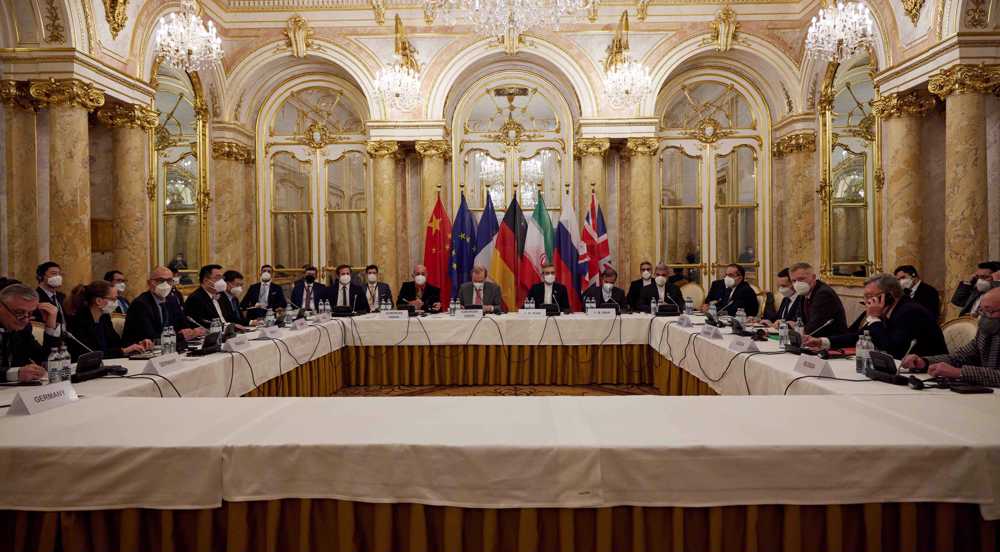
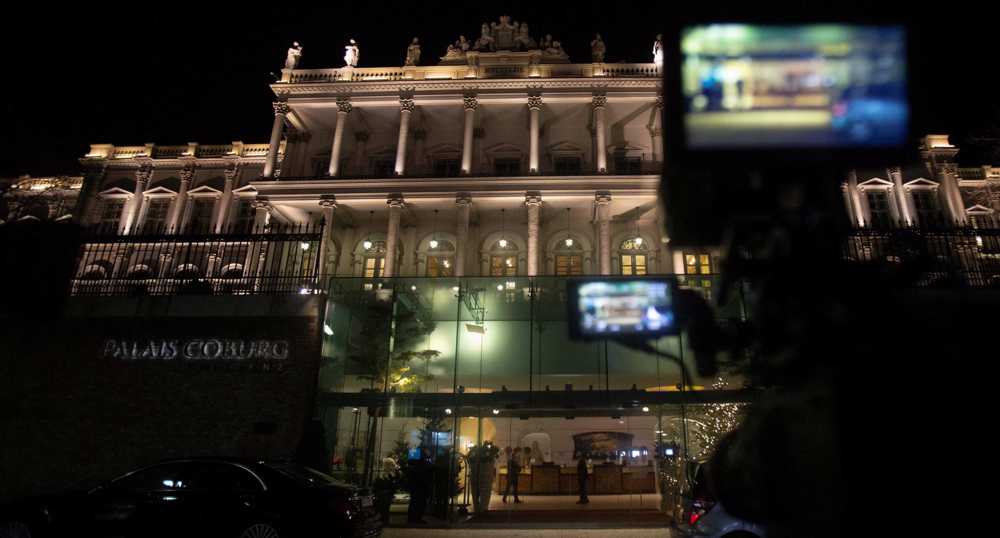
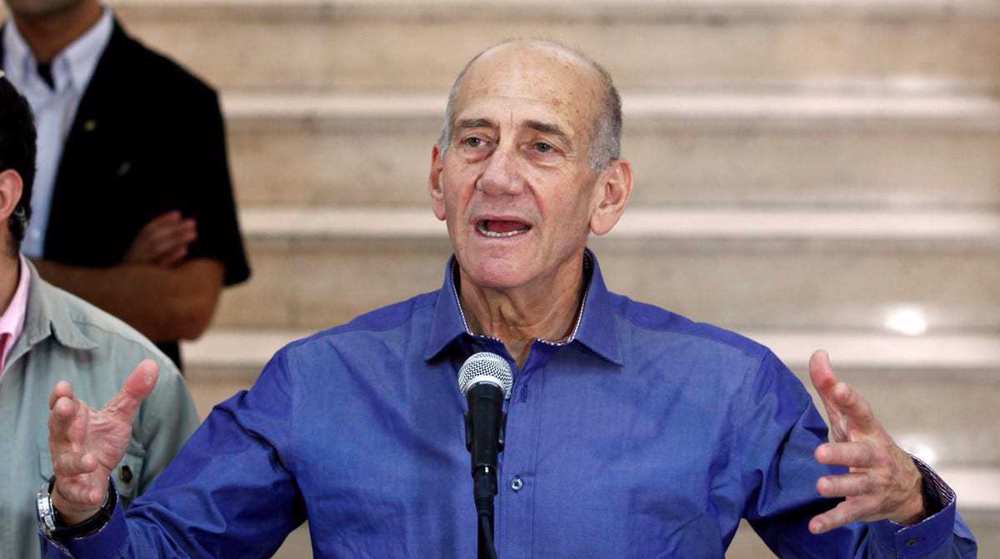
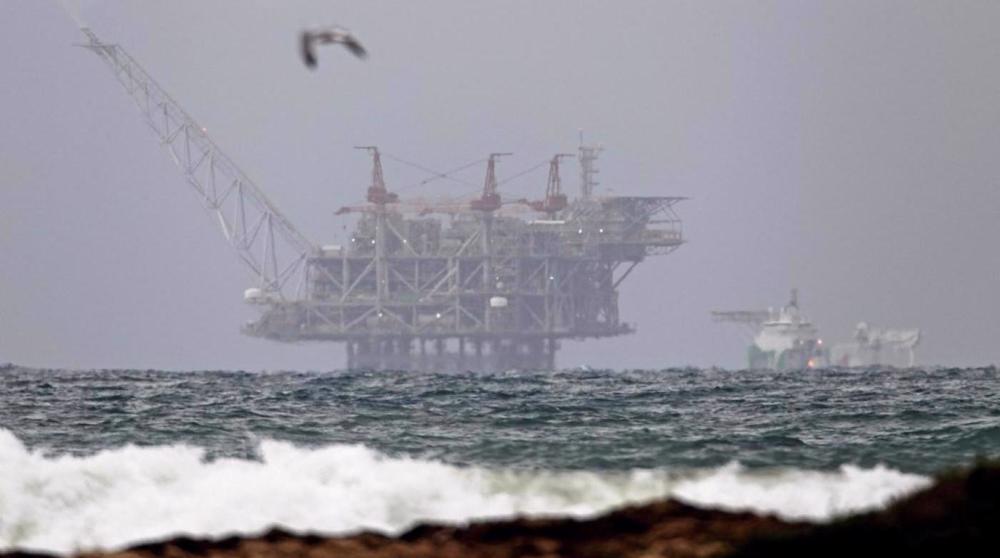
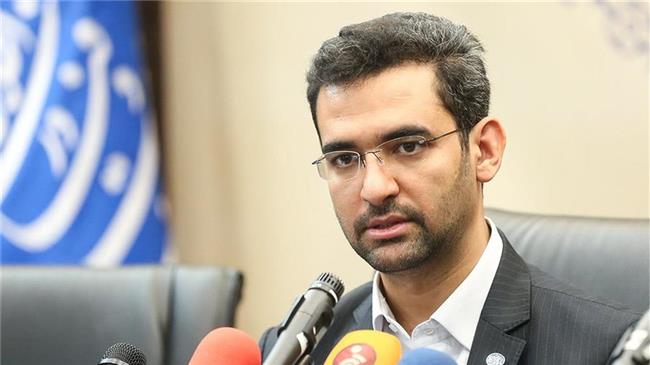
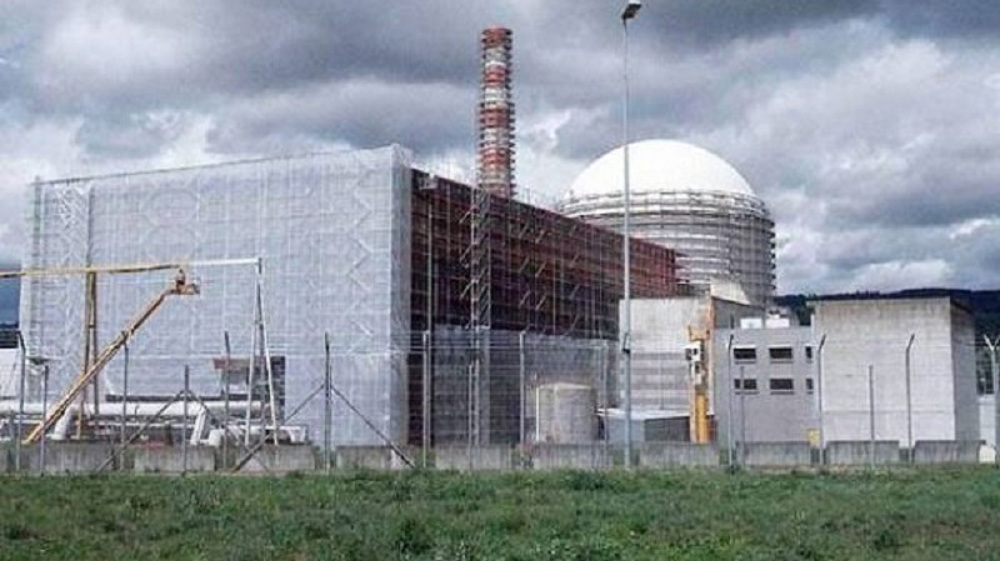
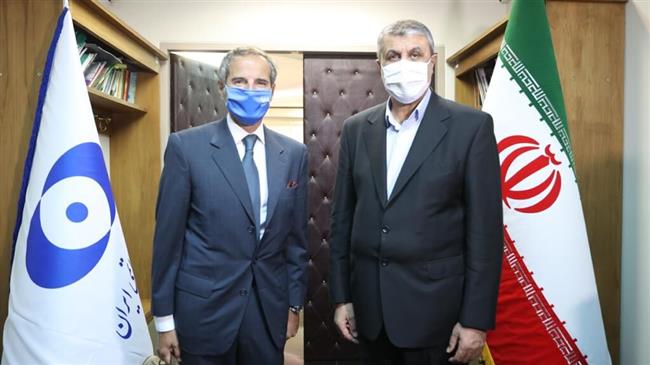
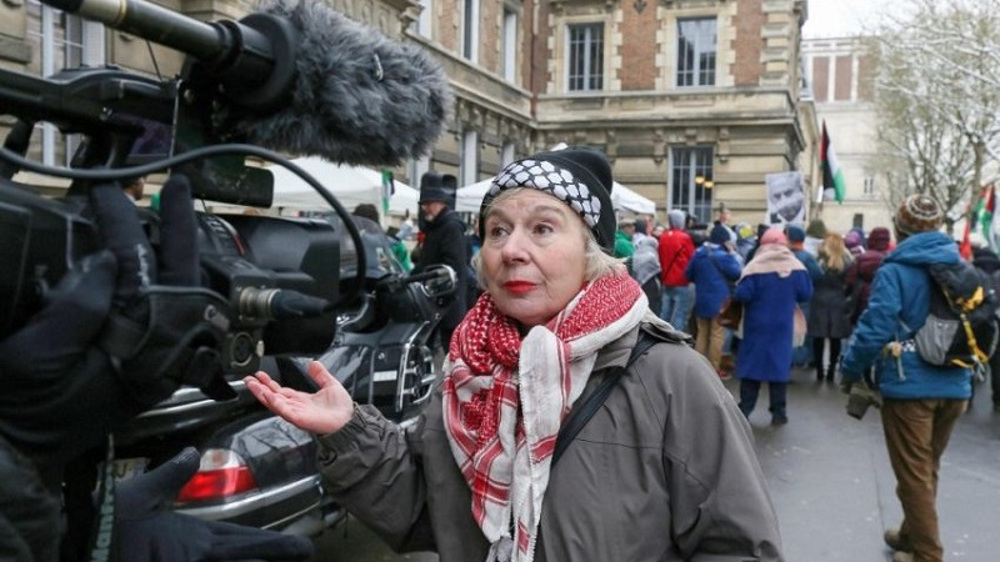
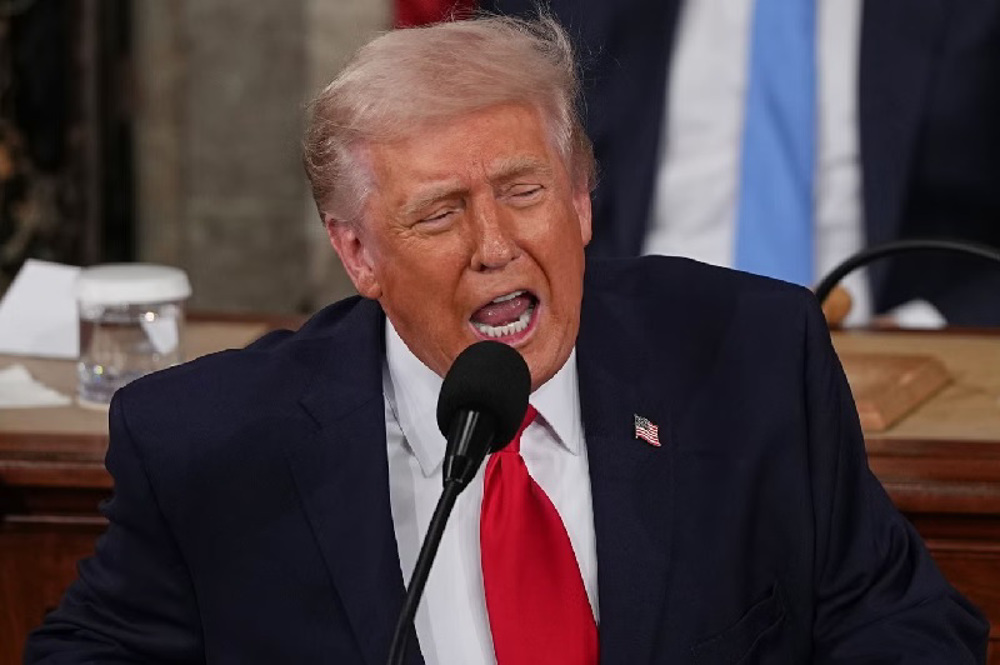
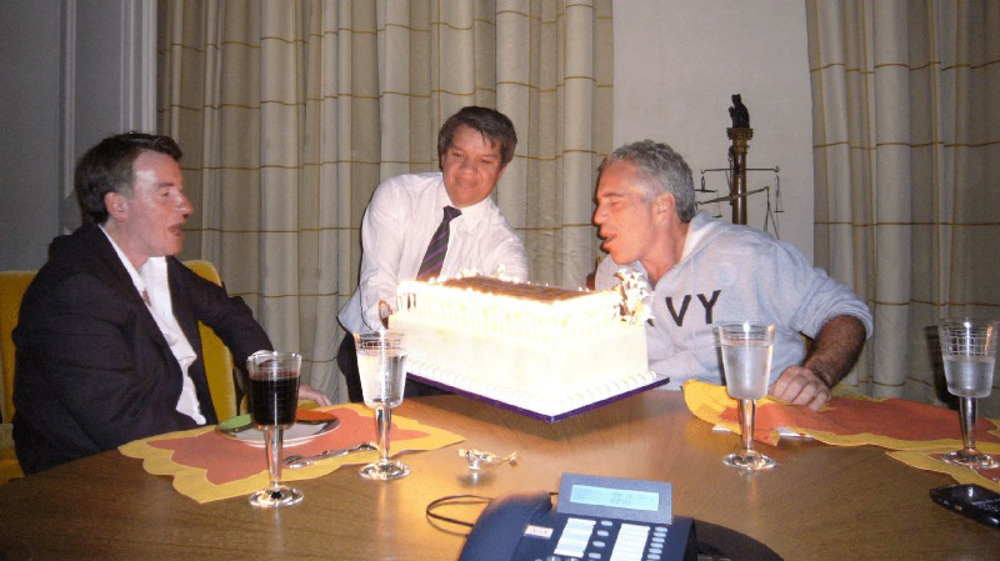




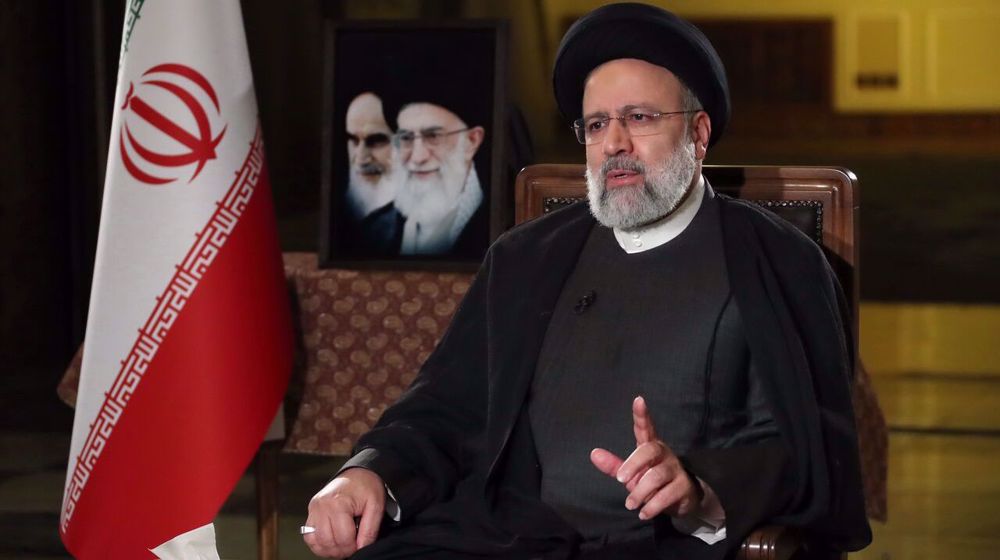
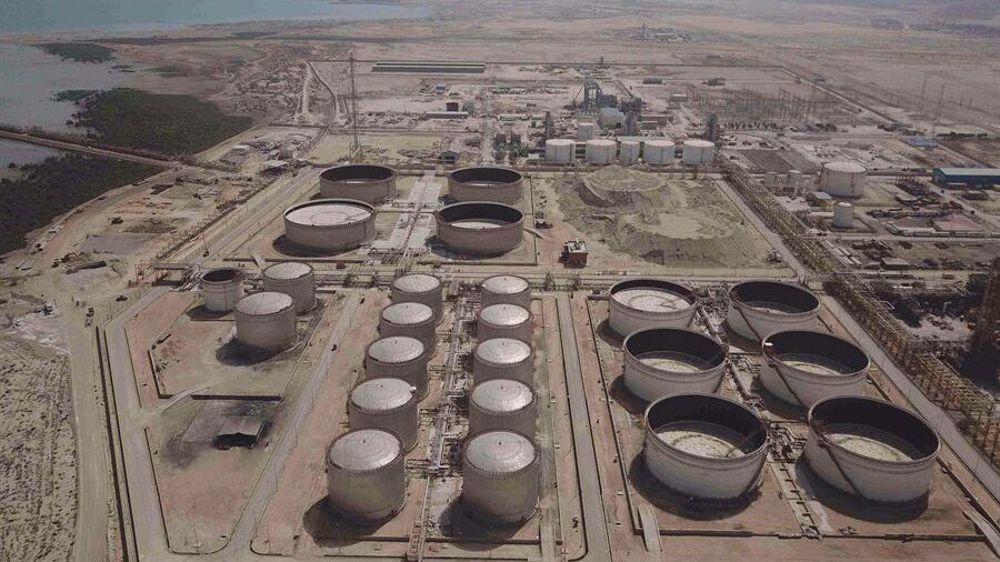

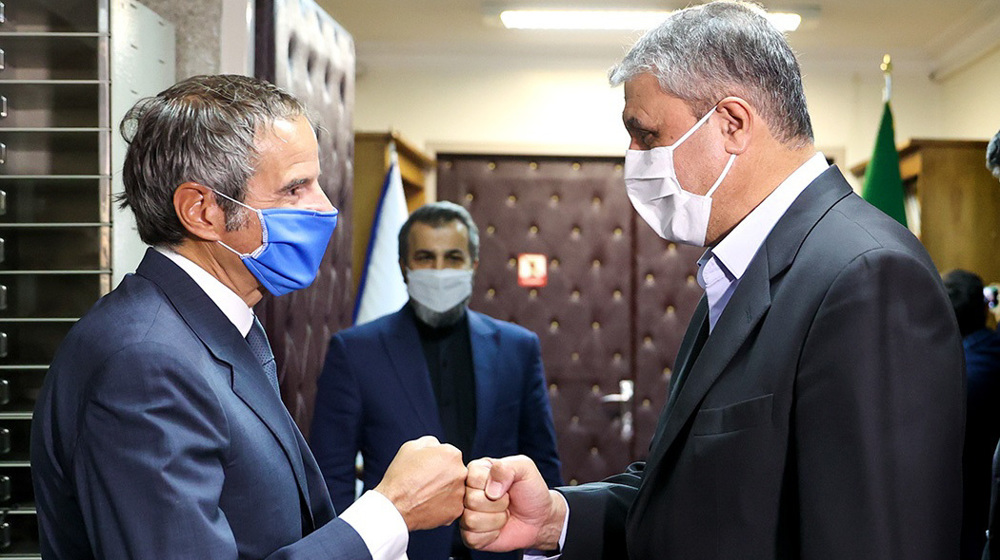
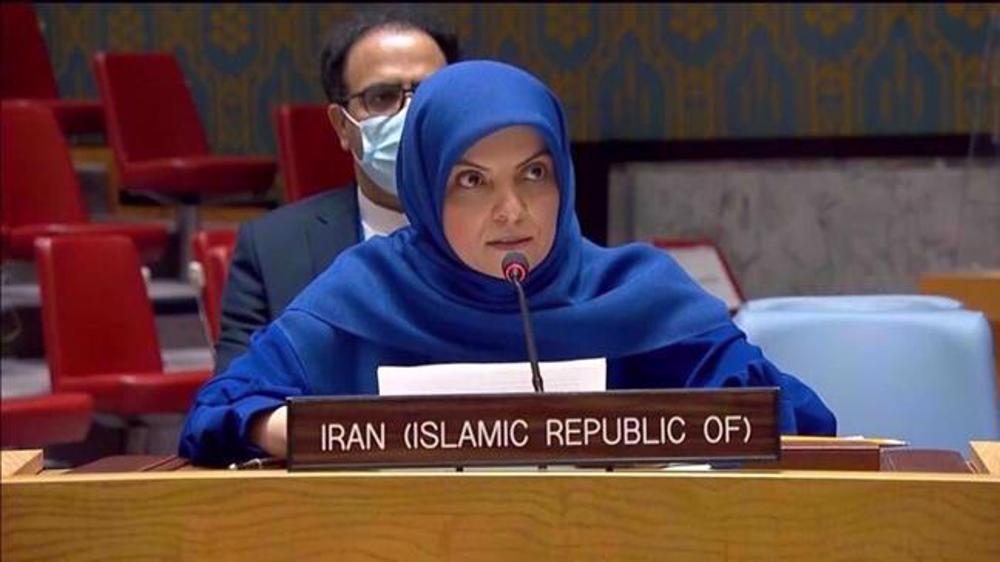

 This makes it easy to access the Press TV website
This makes it easy to access the Press TV website